Towards the end, it felt like I couldn’t find the Humayun Ahmed I once knew: Asaduzzaman Noor
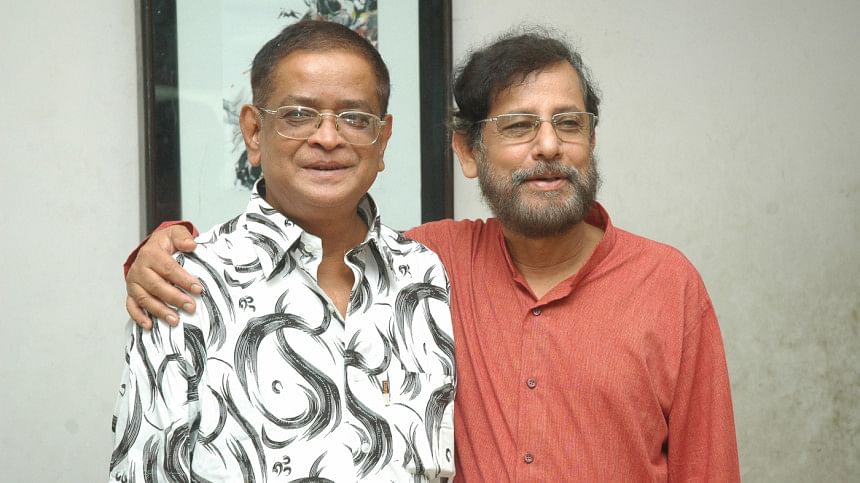
July 19 marked the 12th death anniversary of celebrated laureate, author and filmmaker, Humayun Ahmed. With his immensely popular and critically acclaimed novels "Aguner Poroshmoni", "Shonkhonil Karagar", "Deyal" and "Jochona O Jononir Golpo" and films, "Dui Duyari", "Ghetuputra Komola" and "Srabon Megher Din" the esteemed artist of words and reels has made an indelible mark in the literary and cinema of the country.
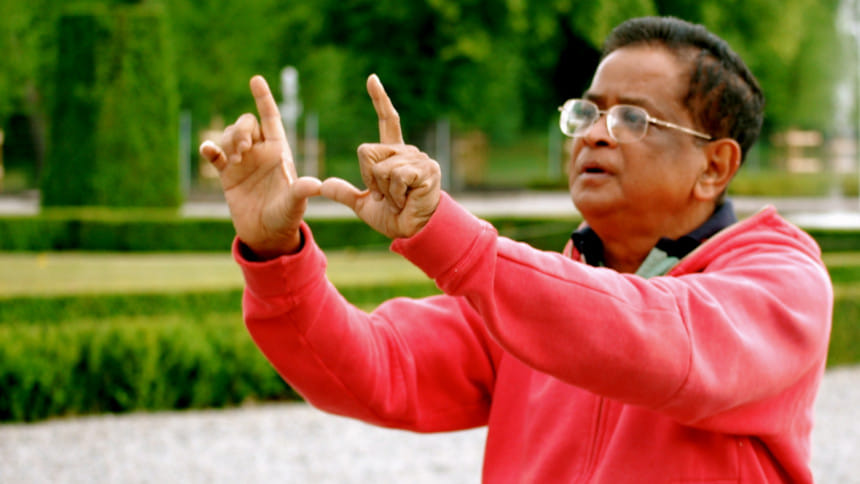
In the 1990s, Humayun Ahmed has also revolutionised television drama with his blend of humour, pathos, and extraordinary simple yet satirical dialogues. His characters struck such a deep chord with audiences that actors like Asaduzzaman Noor became household names. Noor, who worked with the filmmaker in most of his on-screen endeavours shared more than just a professional relationship with Humayun; they had a personal bond.
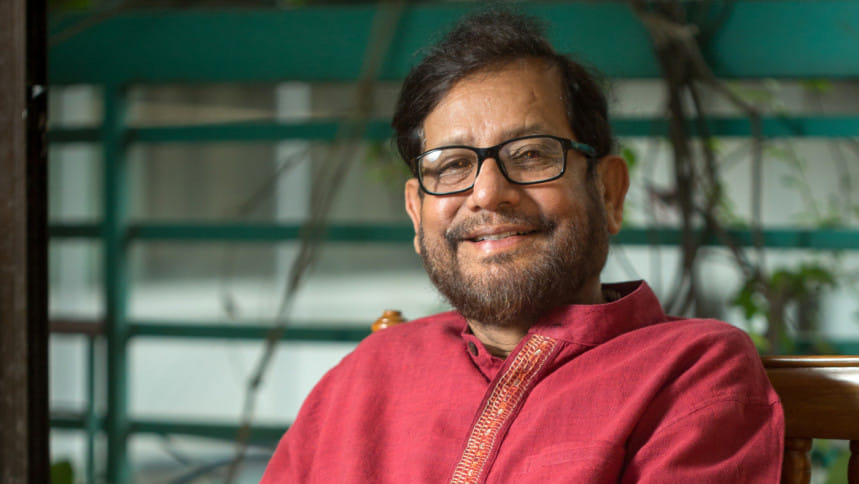
On the 12th anniversary of Humayun Ahmed's passing on July 19, Noor reminisced his memories of the iconic writer, expressing both admiration and disappointment over the declining quality of Humayun's later works.
Humayun Ahmed, who succumbed to cancer in 2012, was born on November 11, 1948, in Mohanganj, Netrokona. Initially a Chemistry professor at Dhaka University, he began writing plays for Bangladesh Television in the 1980s. By the 1990s, he had shifted his focus entirely to writing and filmmaking.

Humayun's legendary character "Baker Bhai" from the drama "Kothao Keu Nei" remains one of the most beloved figures in Bangladeshi television history. Noor's portrayal of Baker Bhai earned him immense popularity, and people still refer to him by that name. Other memorable characters from Humayun's dramas include Anis in "Bohubrihi" and Chhoto Mirza in "Ayomoy."
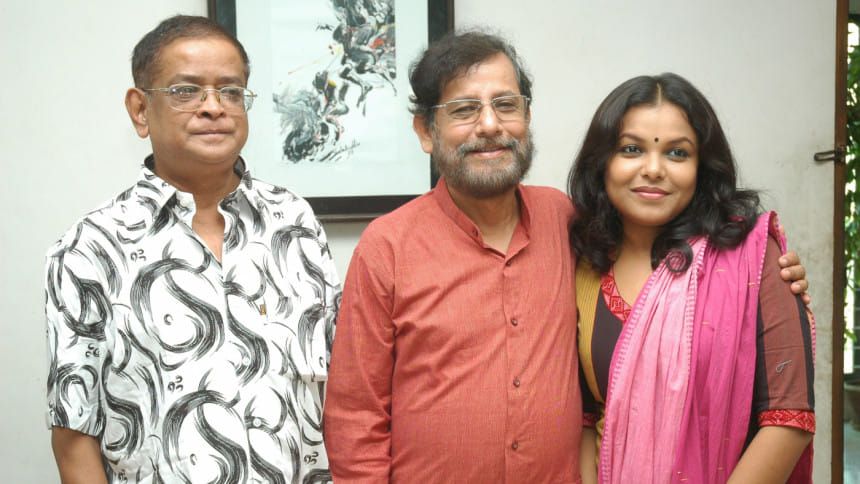
Noor recalls first meeting Humayun Ahmed in 1978-79 through producer-director Nawazish Ali Khan. "Humayun saw me perform in a play and asked Nawazish Bhai to introduce us," Noor said. "That's how I started acting in Humayun's dramas."
Recalling their early interactions, Noor mentioned that Humayun lived in a residence allocated for university tutors at Dhaka University. "We used to spend a lot of time at his place, which had very little furniture. We would sit on the floor and chat. Food was served on tables, but we would stand and eat, enjoying the camaraderie."
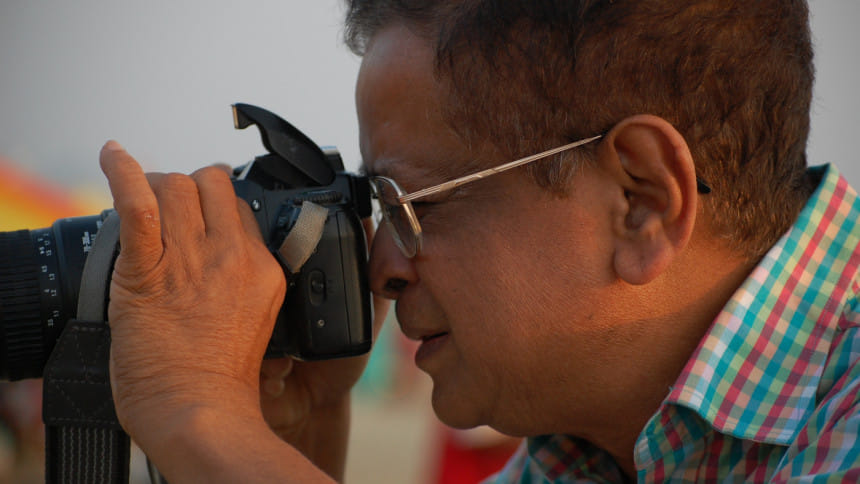
Humayun Ahmed was known for his humour. Before his fame as a writer, literary circles often viewed television dramas with disdain. When questioned in an interview about why he wrote for television, Humayun humorously replied, "I need to buy a television."
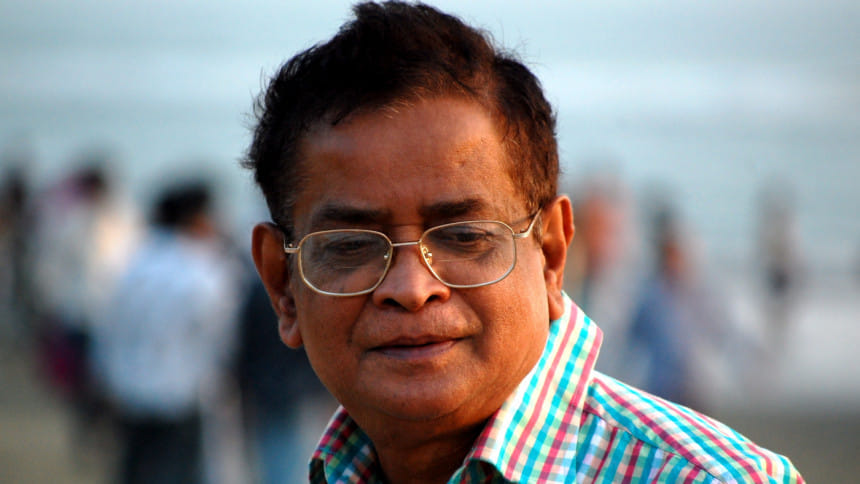
Characterisation of the enigmatic Baker Bhai
"Kothao Keu Nei" aired on Bangladesh Television in 1992-93. The show's climax, featuring the execution of Baker Bhai, a flamboyant vagabond, sparked public outrage, leading to street protests and significant media coverage. "The slogan 'If anything happens to Baker Bhai, every house will burn' was chanted during protests. Such fervour over a fictional character was unprecedented," Noor recalled. Even Indian politician Jyoti Basu would reportedly clear his schedule to watch the drama.
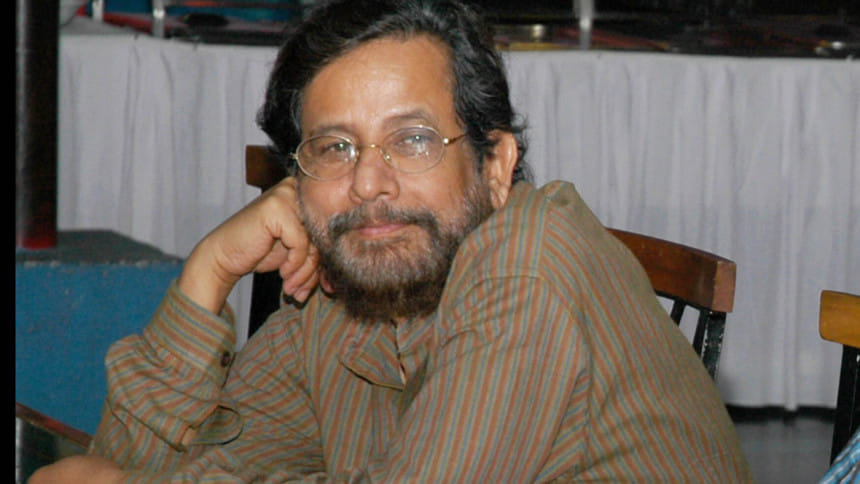
Despite public opposition, the character's execution went ahead on Humayun Ahmed's stiff insistence. "Humayun was deeply concerned about this decision. He discussed it with us and ultimately decided that the execution should remain, reflecting the harsh reality that truth often succumbs to power in our society," Noor said.
He added, "I was more focused on portraying the character accurately than on the execution itself. In hindsight, the execution made the drama more impactful and memorable."
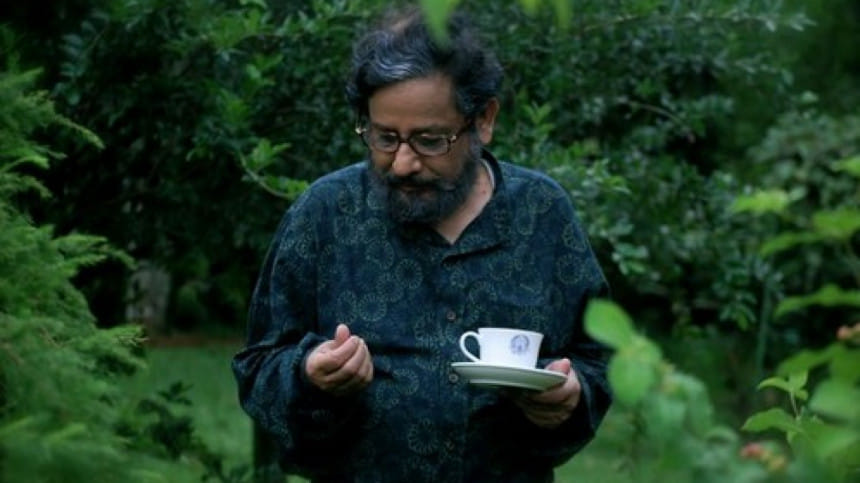
Noor shared a personal anecdote to illustrate Humayun's narrative power. "When the final episode aired, my mother, unable to bear the emotional intensity, left the room in tears. Despite our reassurances, she couldn't bring herself to watch the rest."
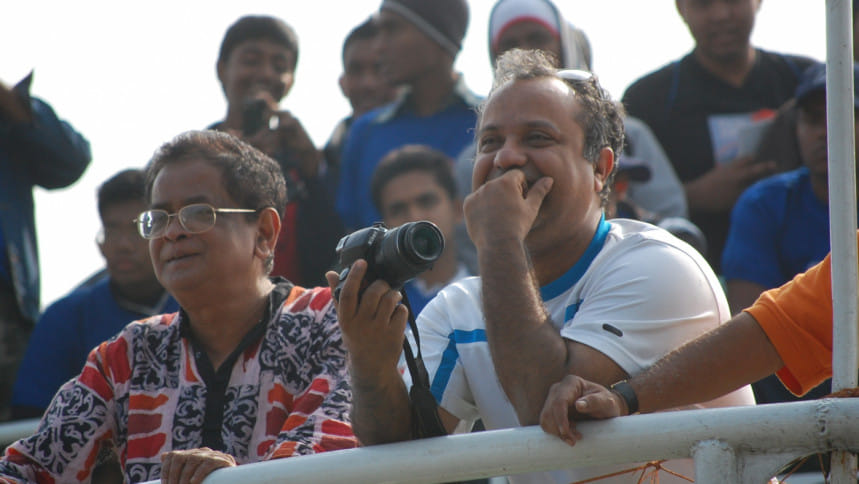
"Bohubrihi" and "Ayomoy"
Humayun Ahmed's "Bohubrihi," produced by Nawazish Ali Khan and aired in 1988-89, featured a memorable line, "Tui rajakar," which became a slogan against anti-independence elements in Bangladesh.
Noor played a character named Anis in "Bohubrihi." He noted, "The story took an unexpected turn at the end, diverging from its initial path. Despite this, it remains a significant work."

While "Baker Bhai" was immensely popular, Noor regards his role as Chhoto Mirza in "Ayomoy" as more artistically satisfying. "From a literary and character development perspective, 'Ayomoy' is superior. 'Baker Bhai' was popular, but 'Chhoto Mirza' is my personal favourite."
He recounted, "I wore a ring as part of my acting mannerisms for Chhoto Mirza, which Humayun liked so much that he wrote an entire episode around it. He wrote characters and dialogues with specific actors in mind and would read the scripts aloud to us."
Noor also cherished his roles in Humayun's "Matir Pinjira" as a hired killer and "Nim Ful" as a thief.
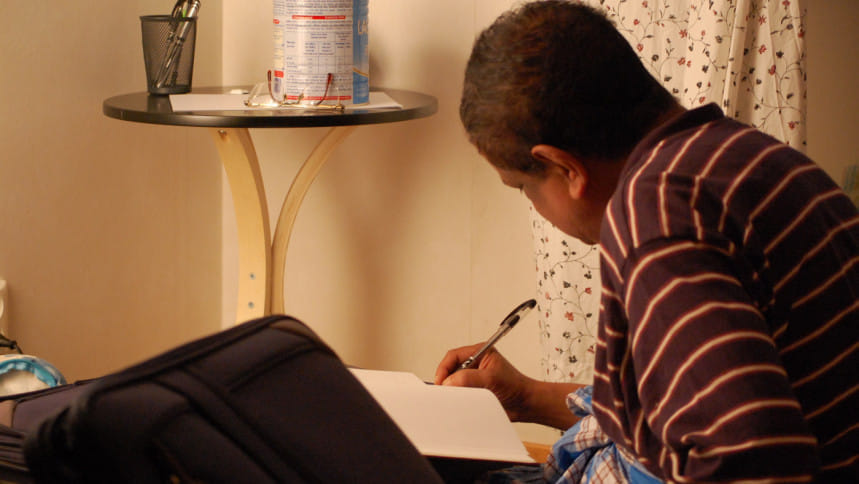
Noor's dissatisfaction with later works
Asaduzzaman Noor acted in several of Humayun Ahmed's films, including "Aguner Poroshmoni," "Chandrakatha," "Daru Chini Dwip," and "Shonkhonil Karagar."
Reflecting on "Chandrakatha," Noor expressed disappointment that Humayun did not fulfil his promise to hire a skilled makeup artist from Kolkata. "I was disheartened during the initial days of shooting, which affected my performance. I was not satisfied with my work in that film."

Noor was also critical of Humayun's later works, suggesting that the writer's declining health might have impacted his creative output. "It seemed like his assistants were handling most of the work. The quality wasn't up to his usual standard," he said.
"Towards the end, it felt like I couldn't find the Humayun Ahmed I once knew. His illness, which he kept private until it became unbearable, might have contributed to this decline."
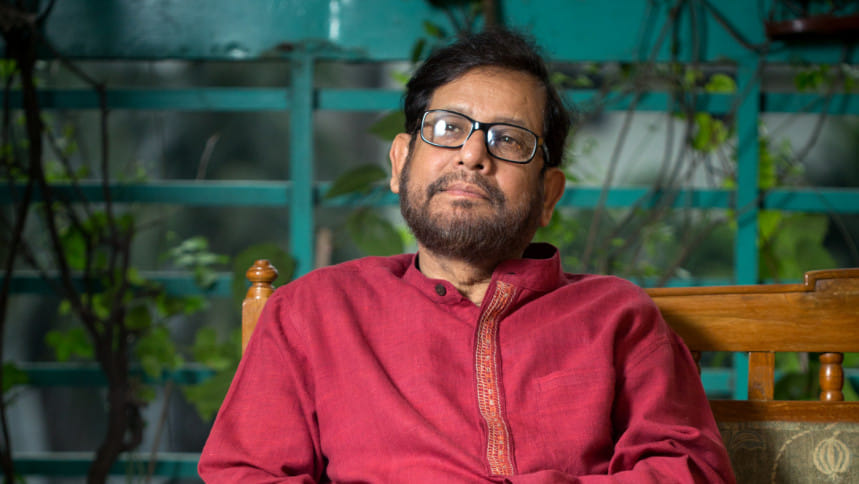
Noor described Humayun's death from cancer as a profound loss for Bengali literature, cinema and drama. "Despite his unconventional lifestyle, he was disciplined in his writing. Losing him to cancer was heartbreaking."

 For all latest news, follow The Daily Star's Google News channel.
For all latest news, follow The Daily Star's Google News channel. 









Comments